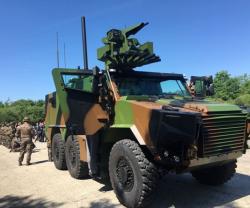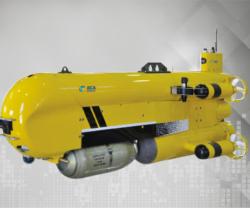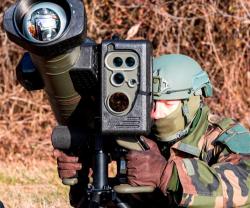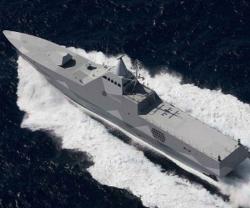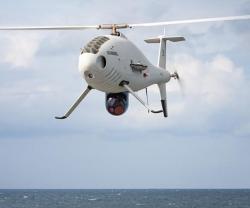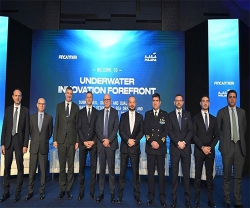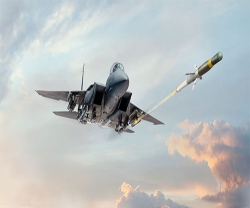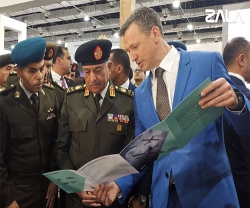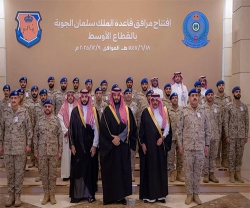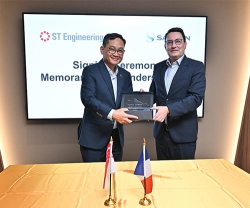A new facility designed to help in the fight against Improvised Explosive Devices (IEDs) was officially opened Tuesday in the Netherlands. The Joint Deployable Exploitation and Analysis Laboratory (JDEAL) provides a permanent technical exploitation training capability in the Dutch town of Soesterberg.
Under the project, a further two deployable laboratories could be procured for use in future operations.
JDEAL, which was facilitated by the European Defence Agency (EDA) and lead nation the Netherlands, focuses on training the full range of skills needed for technical exploitation. This involves the recording and analysing of information related to events, scenes, technical components, and material used in IED attacks. The project makes use of equipment and knowledge gained from the EDA developed Counter-IED Technical Exploitation Laboratory previously deployed with ISAF in Kabul.
Alongside the Netherlands, ten other EDA Member States – Austria, Belgium, France, Germany, Hungary, Italy, Luxembourg, Portugal, Spain, and Sweden – plus Norway have joined the project. Denmark, the United Kingdom, the United States and the NATO Counter-IED Centre of Excellence have also sent observers.
Warrant Officer Bert Westers, from the Dutch Armed Forces, was previously stationed at the laboratory in Afghanistan and will now act as a trainer at JDEAL. He commented: “This new facility allows us to maintain and build on the skills and experiences that we gained in Kabul. It also helps to improve our forces’ ability to deal with threats from IEDs in the future.”
The training facility will host both national and multinational training events, tailored to the needs of the Member States involved. Alongside the training aspect, JDEAL is intended to be a platform for research and development and is specifically designed for subprojects to be launched under its framework. It will also work closely with other actors and cooperative bodies working in the counter-IED field.
In a second step the establishment of two deployable laboratories is planned for the second half of 2015.
The JDEAL project will work across the entire scope of IED exploitation. This includes detailed visual examination and high quality image capture; technical exploitation reporting; biometric analysis (latent finger print recovery); electrical circuitry (primarily radio parts); document and media recovery (focused on the mobile phones often used as IED triggering devices); chemical analysis; mechanical exploitation as well as other material exploitation. This is done in close cooperation with intelligence services, which can use the results to attack the networks involved in manufacturing the IEDs.
The JDEAL project was born out of the EDA developed multinational counter-IED Exploitation Laboratory (MNTEL), which was deployed in Kabul under French management. During the laboratory’s three year deployment in Afghanistan more than 6 000 IEDs were forensically examined, providing invaluable support to law enforcement and leading to numerous terrorist prosecutions.


